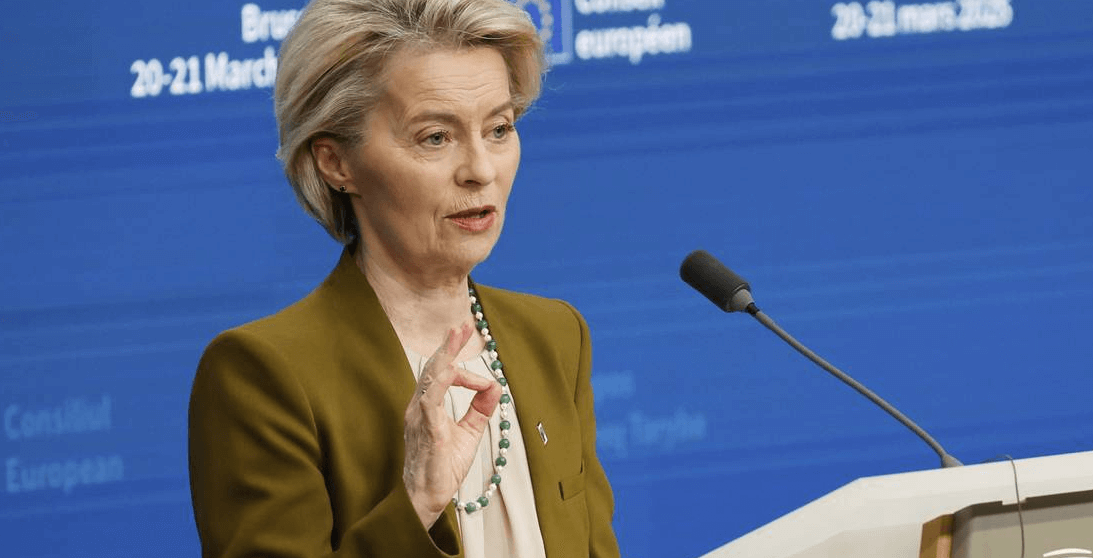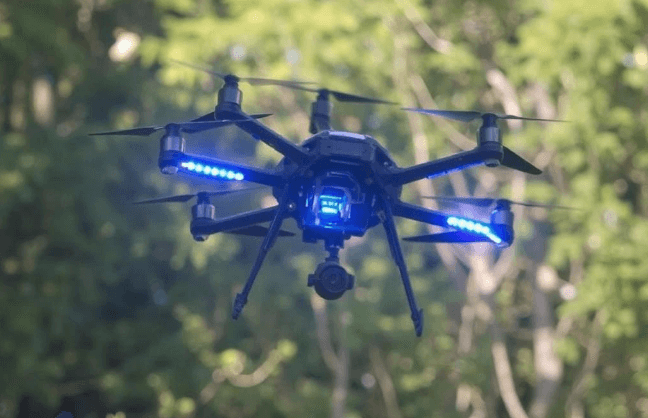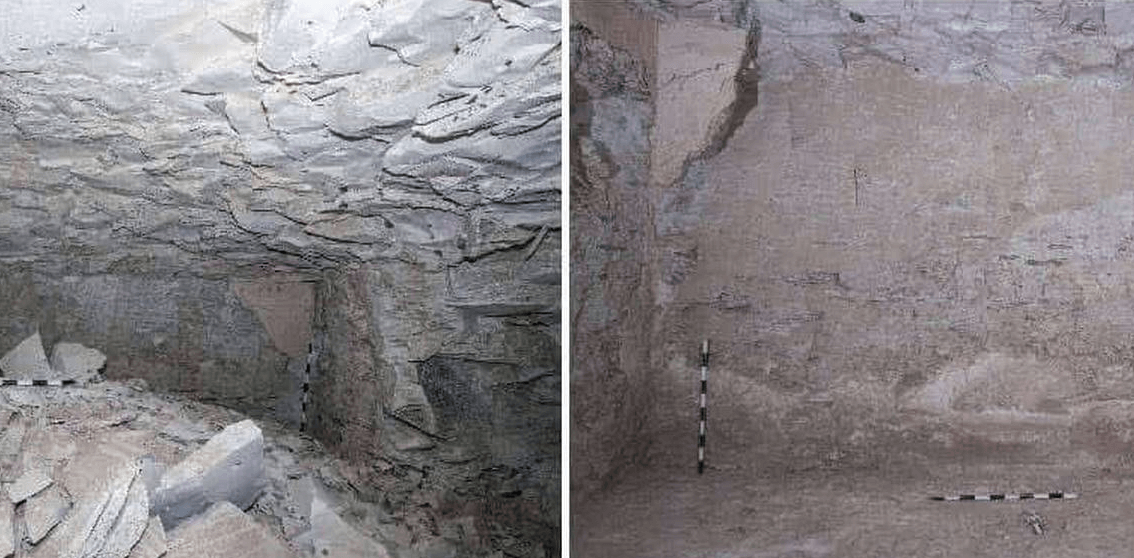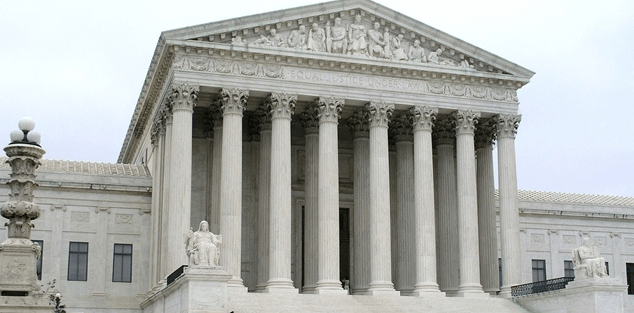The European Commission has issued a firm recommendation for EU families to maintain a 72-hour reserve of basic supplies as a preventive measure against potential crises.
The guidance was set out on Wednesday under the EU Preparedness Union Strategy, which aims to develop resilience against a variety of threats, from geopolitics and armed attacks to natural disasters and cyberattacks.
Why It Matters
The Commission’s call for preparedness underscores the gravity of today’s global uncertainties and the EU’s resolve to boost its ability to react. The precautionary action also mirrors growing concern regarding Europe’s defense, particularly with tensions with the United States in the wake of demands by former U.S. President Donald Trump for European nations to increase their defense spending.
This has raised fears that the U.S. may reduce its contribution to NATO, and allow the Europeans to take more responsibility for their defense.
What You Need to Know
EU Preparedness Union Strategy includes a number of key recommendations:
1. Public Preparedness: Member states should encourage citizens to store indispensable provisions for at least 72 hours during emergencies.
2. Survival Education: The Commission suggests incorporating survival lessons in school curricula and introducing an EU Preparedness Day every year to raise awareness.
3. Protection of Infrastructure: The strategy underscores the need for minimum levels of preparedness in critical services such as healthcare facilities, schools, transportation, and communications.
4. Climate Adaptation: The countries are encouraged to ensure that such basics as water and other vital materials are made secure to minimize the effects of climate change.
5. Cybersecurity & Disinformation: The plan also addresses new threats such as cyberattacks and foreign manipulation of information, which can potentially destabilize central societal functions.
What EU Leaders Are Saying
EU Commission President Ursula von der Leyen emphasized the need for Europe to adapt to deal with new realities:
“New realities require a new level of preparedness in Europe.”. Our people, our Member States, and our businesses need the right tools to act, both to prevent crises and respond rapidly when a disaster occurs.
Families that live in floodplains must have some notion of what to do when the floods arrive. Early warning systems can save communities threatened by wildfires from losing precious time. Europe is ready to assist member states and trusted partners in the neighbourhood to save lives and livelihoods.
Commissioner for Equality, Preparedness, and Crisis Management Hadja Lahbib reiterated the same sentiment:
“Preparedness must be woven into the fabric of our societies – everyone has a contribution to make. Our dangers are fast, complex, and interlinked; our response must be more forward-looking, more integrated, and more coordinated at the European level.
By harnessing the dynamism of our institutions, enterprises, and citizens, we can build resilience and make Europe more resilient after crises.”
What’s Next?
EU’s preparedness strategy becomes a reality as some European leaders are already making preparations for a potential reorganization of NATO’s structure.
European defense powers’ intentions to take greater responsibility for the defense of the continent in the event of America reducing its contribution are on the agenda, reports sources at The Financial Times.
Meanwhile, French President Emmanuel Macron is inviting a gathering of European leaders, including Ukrainian President Volodymyr Zelensky, to discuss strengthening Ukraine’s defenses prior to negotiating with Russia.
As global uncertainties rise, the EU’s new preparedness initiatives reflect the growing need for self-sufficiency and forward thinking. Whether or not a crisis arises, European families and infrastructure must be prepared for the unexpected.







Leave a Reply